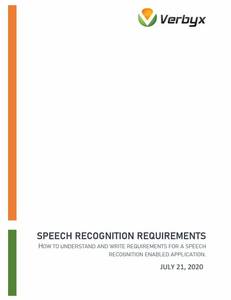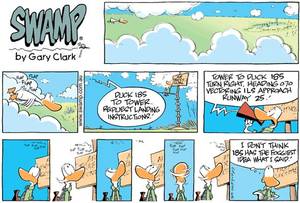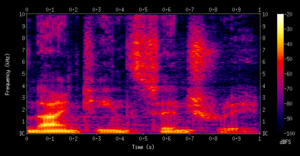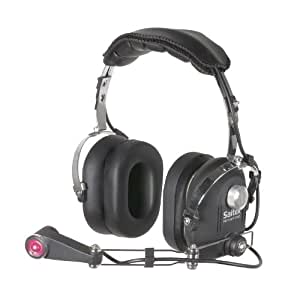
Writing Requirements for Speech Recognition
The Importance of Detailed Requirements The purchase of an Automatic Speech Recognition (ASR) System is a challenging exercise. Consequently, if done poorly, the resulting program execution risks being a disaster. Spending time on writing requirements for speech recognition permits the evaluation and testing of ASR







